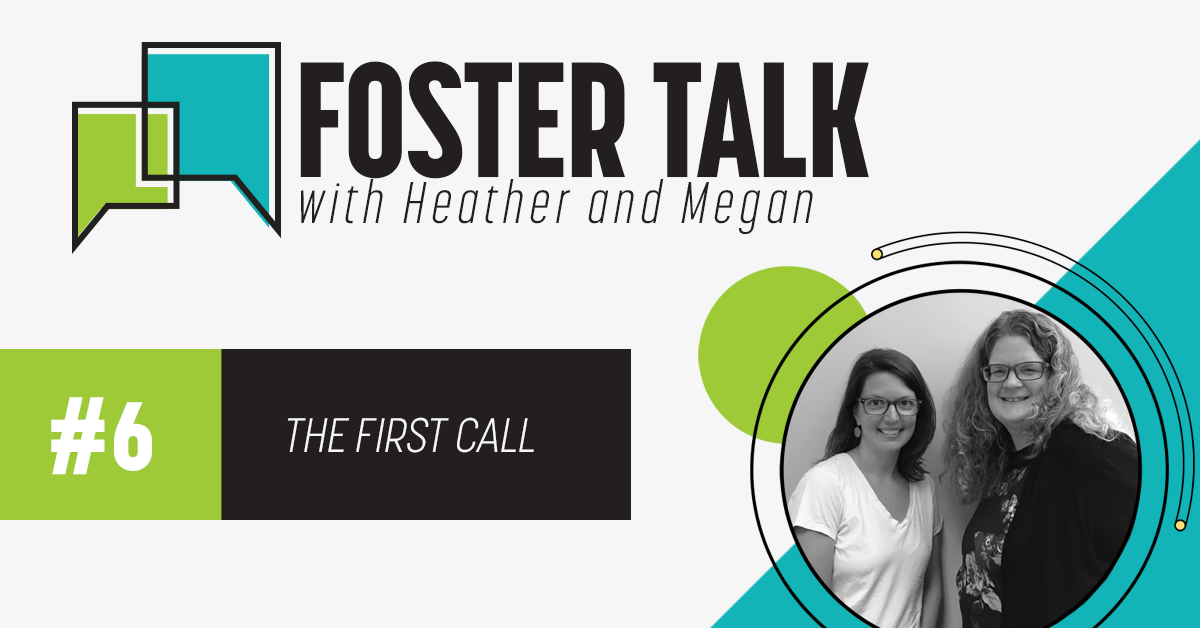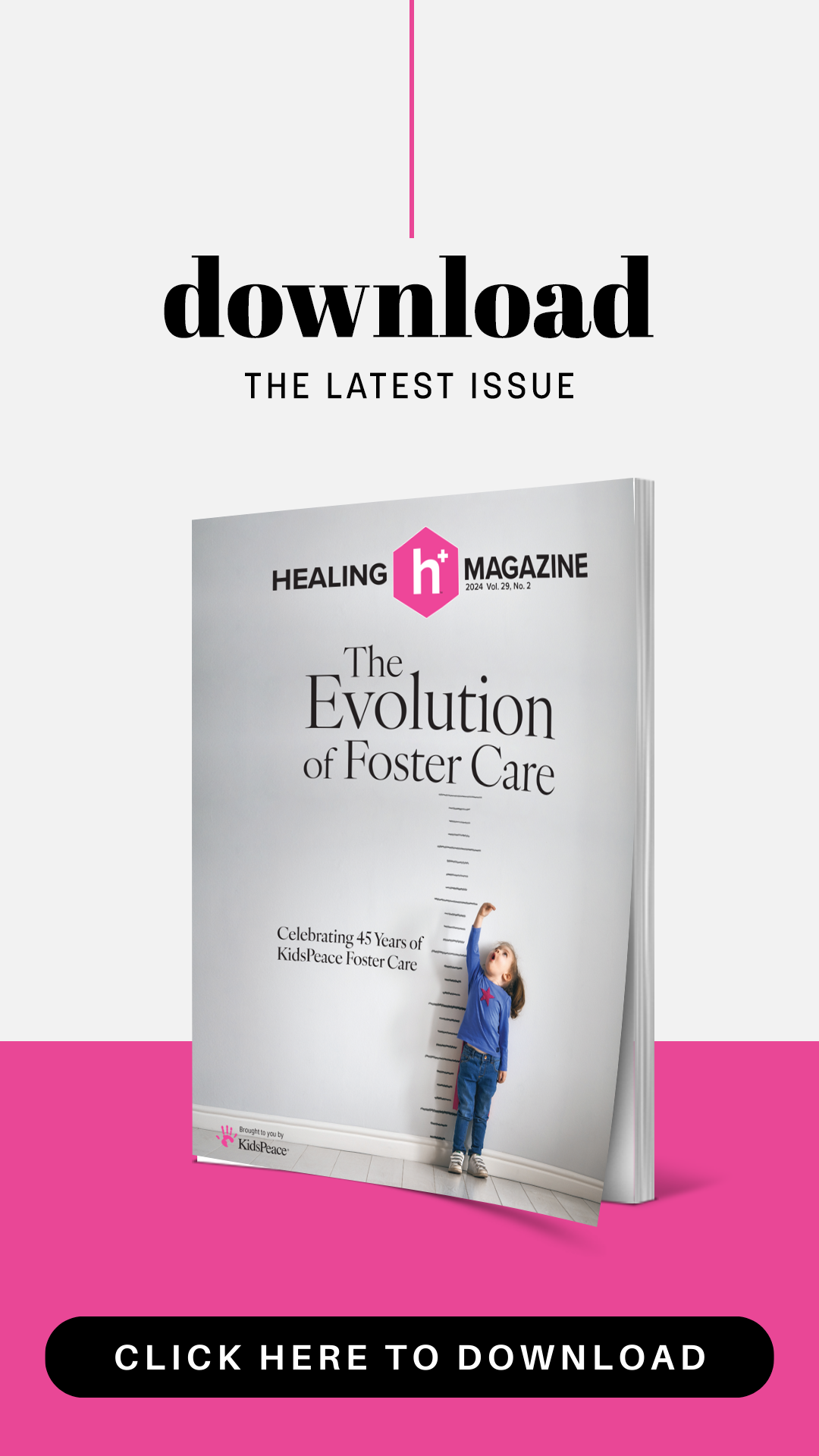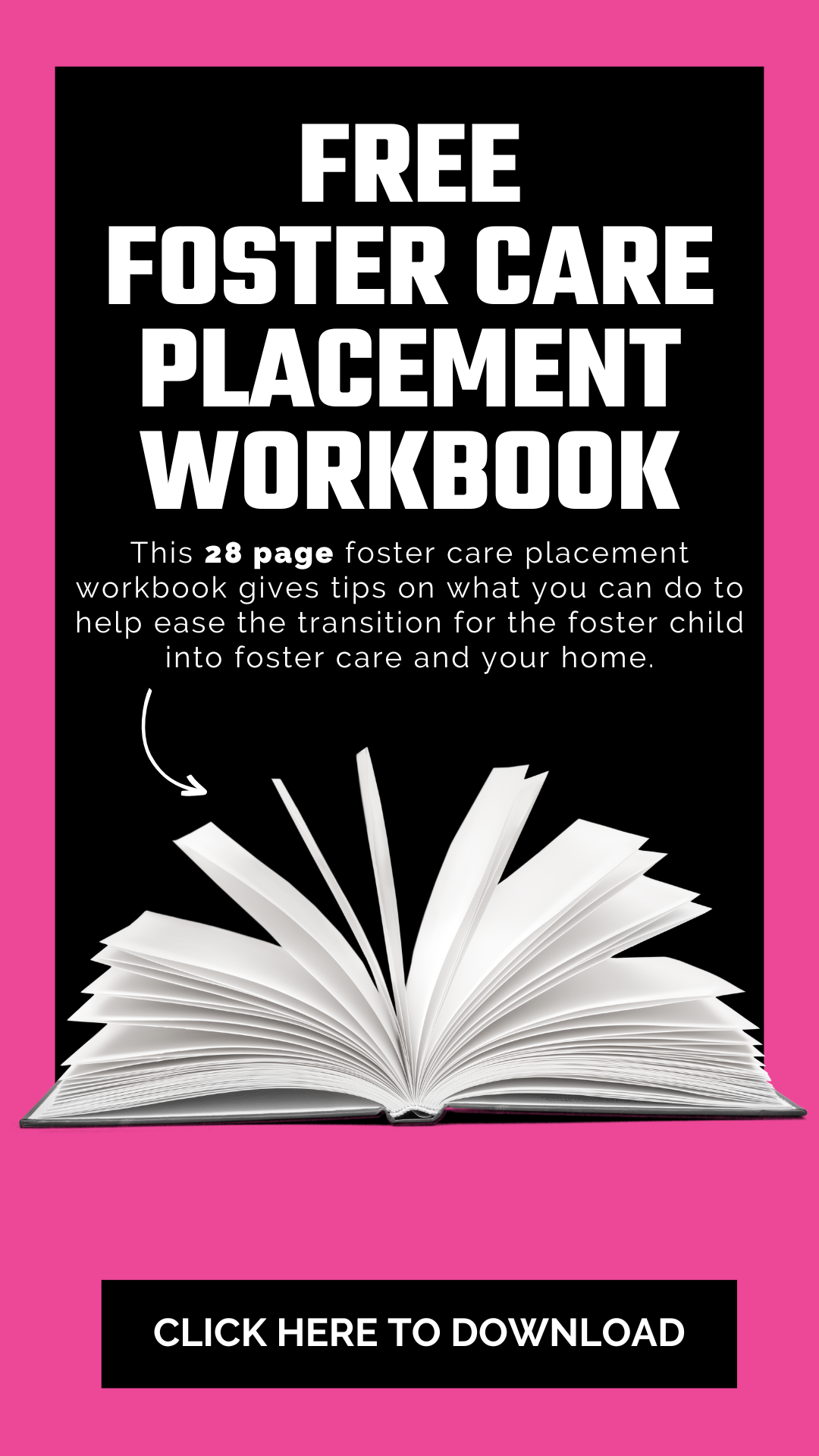
In this installment of Foster Talk, Heather and Megan talk about a unique experience for a new foster parent: getting their first call about a potential placement…
Heather
As a newly approved family, you keep checking your phone to make sure it is still working. Your life as you know it is going to change with just one ring, and then …
Your phone rings!!!
If it is an emergency referral you may get very little information. You may only know the age and sex of the child, without insights about the child’s behavior and medical needs. These referrals are tough for families because you do not have a lot of information to go on, but the agency needs you to make a life-changing decision at that moment.
If the county has more information you may find out about previous placements, behaviors, medical needs, visitation, etc.
The agency worker starts talking about the “perfect kid” for your family. You take out your list of questions that are important to your family and run through the list. You feel so excited this is what you have spent so much time working toward but somewhere in your gut you are getting an uncomfortable feeling. Are you just nervous or could this not be a good match for your family?
If you have doubts or concerns, talk them through with agency staff. They are there to support YOU; they can give you ideas about how to handle the challenges that are being presented by the child, and can let you know what support they can offer to you. It is very important that you are able to have an open and honest discussion with the agency worker. While being in a situation which led to the need for foster care is traumatic, the need to be move a kid to a new foster home is equally as traumatic – for both the foster child and the foster family.
The most important thing is to remember that everyone needs your answer as quickly as possible: “There is a child without a family. Are you the family for this child?”…
Megan
First calls are pretty unforgettable; I certainly remember our first call for a potential placement like it was yesterday. The anticipation of what that event would look like and how it would play out was a constant part of my daily life for over a year. And yet, when I was sitting at the bus stop at 8:40am that April morning, I was completely caught off guard, stumbled for words on how to respond, and completely forgot all my “must ask” questions.
Months of planning and prepping and dreaming all come together when your phone rings for the first time. For us, we got our call from our KidsPeace agency who relayed all the information they had at the time about the possible placement. Usually they do a good job of giving us as much as they can upfront; sometimes, though, they are given very little information and that’s a little trickier.
For the first calls before we had a placement, I used the set of questions our caseworker told us to make during our training. Her advice was to sit down and make a list of concerns or absolute no’s before we have a phone call, because phone calls are emotional and we will want to refer to our “rational list” during that time. And she couldn’t have been more right.
For us, we were open to one infant under age 2 with little or no medical needs and reunification was likely (so, foster only). But, much like our journey has been with foster care, our first call was not quite what we expected – twins still in the NICU, with major medical issues, and biological mom was MIA. But it was our first call, and we wanted to say “yes.” In fact, we almost did!
Almost.
Saying “no” is so difficult. I mean, these phone calls that we get are for innocent children who have nowhere else to go for the night, week, month, year. That is a heavy and emotional phone call to receive, and an equally heavy decision that needs to be made. Andit is totally OK to say “no.”It doesn’t make you heartless or selfish. In fact, it shows you are thinking about what is best for the child, and you conclude that ultimately you are unable to provide that for them at that time.
Saying “no” does NOT mean you don’t care, and it absolutely does NOT mean you won’t get called again. Sadly, there are too many kids who need a safe place – so you will get called again. And again. And again.
Although we have said “no” more than we anticipated, the ones we could say “yes” to have changed our lives and have made us better people.


